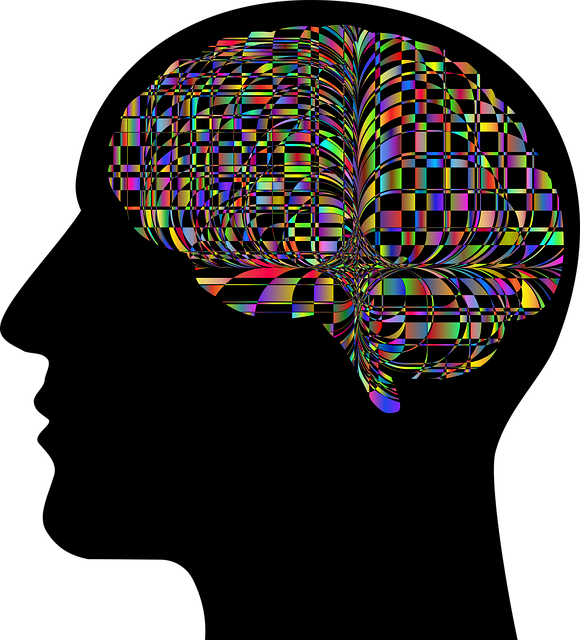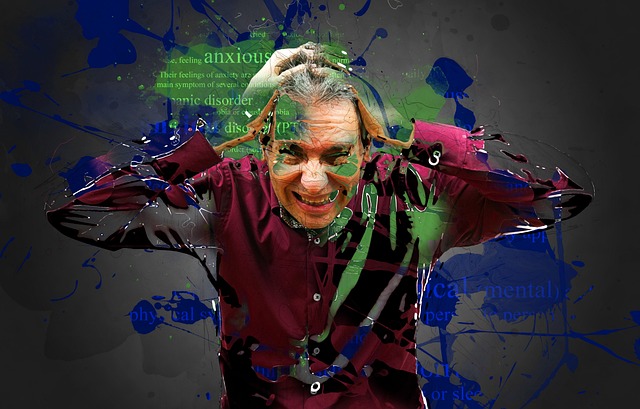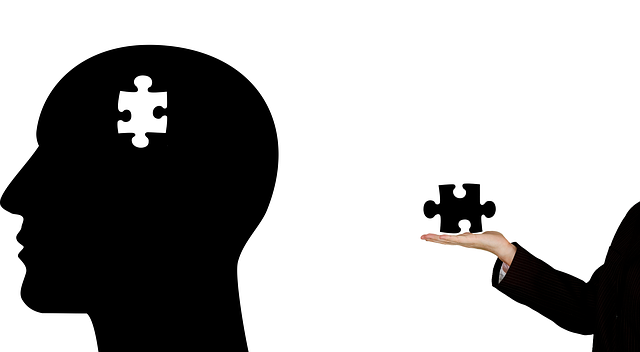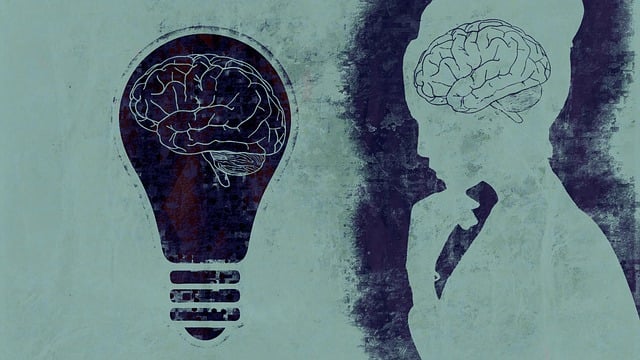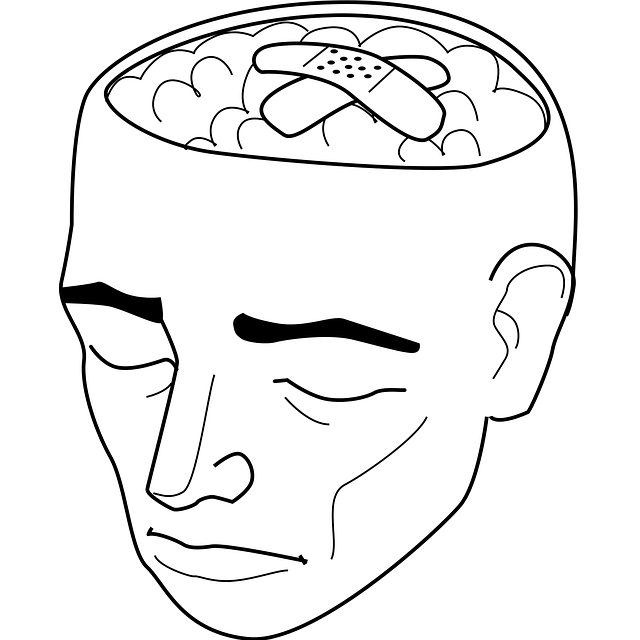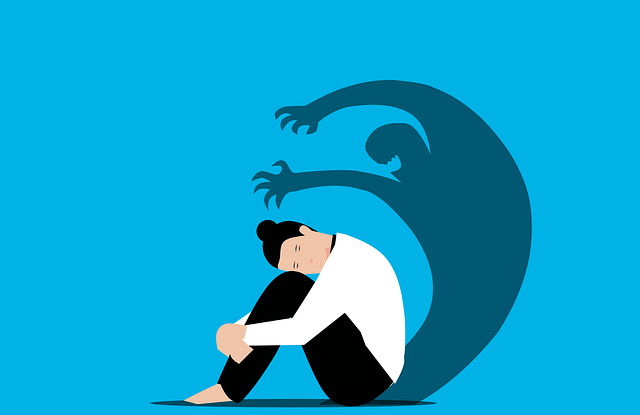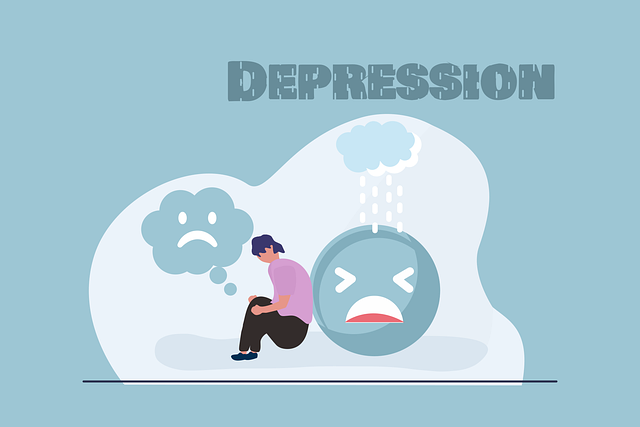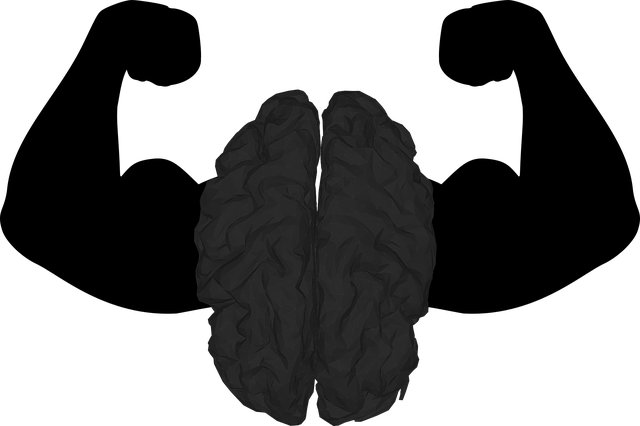Resilience is key to the well-being of elderly individuals facing physical and emotional challenges. RFM (Relationship, Functionality, Meaning) therapy, coupled with mindfulness meditation workshops, offers a powerful framework for healthcare providers to improve senior quality of life by addressing relationship issues, fostering meaningful interactions, and promoting tailored physical and cognitive activities. Regular mental health education workshops empower elders to manage stress, develop personalized coping strategies, and enrich their lives within the senior community, ultimately enhancing emotional healing and mental resilience. #TherapyforEldersRelationshipIssues
“Enhancing the quality of life for elderly individuals is a paramount concern in healthcare, making the implementation of effective therapy methods crucial. Relationship-focused exercises (RFM) emerge as a powerful tool to address relationship issues prevalent among seniors. This article explores the significance of RFM in elderly care, offering insights into designing tailored resilience-building activities. We guide through the process of integration and evaluation, highlighting its impact on improving social connections and overall well-being. Discover how these exercises can revolutionize therapy for elders navigating relationship challenges.”
- Understanding RFM and Its Relevance in Elderly Care
- Designing Resilience-Building Exercises for Seniors
- Implementing and Evaluating the Impact of RFM Exercises
Understanding RFM and Its Relevance in Elderly Care

Resilience is a key aspect of well-being, especially for elderly individuals who often face various physical and emotional challenges. This is where RFM (Relationship, Functionality, and Meaning) comes into play as a powerful framework in elderly care. By focusing on these three dimensions, healthcare providers can significantly enhance the quality of life for seniors.
RFM therapy addresses relationship issues that older adults might experience due to isolation or changing social dynamics. It encourages meaningful interactions and fosters a sense of belonging, which is crucial for emotional healing processes. Moreover, this approach helps improve functionality by promoting physical and cognitive activities tailored to individual needs. Incorporating mindfulness meditation and stress management workshops within the organization can also enhance mental resilience, allowing elders to navigate life’s challenges with greater ease. These exercises contribute to overall well-being, making them essential components in caring for the elderly population.
Designing Resilience-Building Exercises for Seniors

Resilience-building exercises tailored for seniors play a pivotal role in enhancing their coping mechanisms and overall mental well-being, especially when navigating through relationship issues that can often plague later years. These exercises should be meticulously designed to cater to the unique needs and physical capabilities of this demographic, ensuring accessibility and effectiveness. Incorporating therapeutic activities that promote emotional agility and stress management is essential, as many elders struggle with anxiety relief and finding healthy outlets for their feelings.
A well-structured program could include a mix of group discussions, mindfulness practices, and gentle physical activities to foster a sense of community and support while addressing relationship challenges. Mental health education programs designed specifically for seniors can empower them to recognize triggers and develop personalized strategies for managing stress. Such workshops can be organized regularly, providing a safe space for open conversations about emotional struggles, thereby enriching the lives of participants and fostering stronger social connections within the senior community.
Implementing and Evaluating the Impact of RFM Exercises

Implementing RFM (Resilience, Flexibility, and Mastery) exercises offers a powerful approach to therapy for elders addressing relationship issues. These structured activities are designed to enhance mental wellness by equipping individuals with tools to navigate challenging situations. The process begins with identifying specific triggers or stressors that impact the elderly person’s daily life and emotional well-being. Once identified, RFM techniques, such as cognitive restructuring and mindfulness practices, help individuals challenge negative thought patterns and develop healthier coping mechanisms. For instance, a mental wellness journaling exercise guidance can be provided to encourage reflection and processing of emotions.
Evaluating the impact of these exercises is crucial to ensure their effectiveness. Therapists can measure progress by regularly assessing the individual’s ability to manage stress, maintain emotional balance, and improve relationships. Regular feedback sessions allow for adjustments in the RFM program, tailoring it to the unique needs of each client. Additionally, conflict resolution techniques learned through RFM exercises empower elders to address interpersonal challenges head-on, fostering healthier connections with loved ones. This holistic approach not only boosts confidence but also enables them to lead more fulfilling lives.
The implementation of RFM (Resilience, Flexibility, and Mobility) exercises in elderly care demonstrates a promising approach to enhancing seniors’ overall well-being. By focusing on these tailored activities, we can significantly improve their quality of life and resilience, addressing critical aspects like relationship issues within therapy for elders. The combination of understanding individual needs, designing specific exercises, and evaluating impact ensures that this methodology not only fosters physical agility but also strengthens mental fortitude. Moving forward, the adoption of RFM principles in care plans can revolutionize how we support and empower our aging population.
